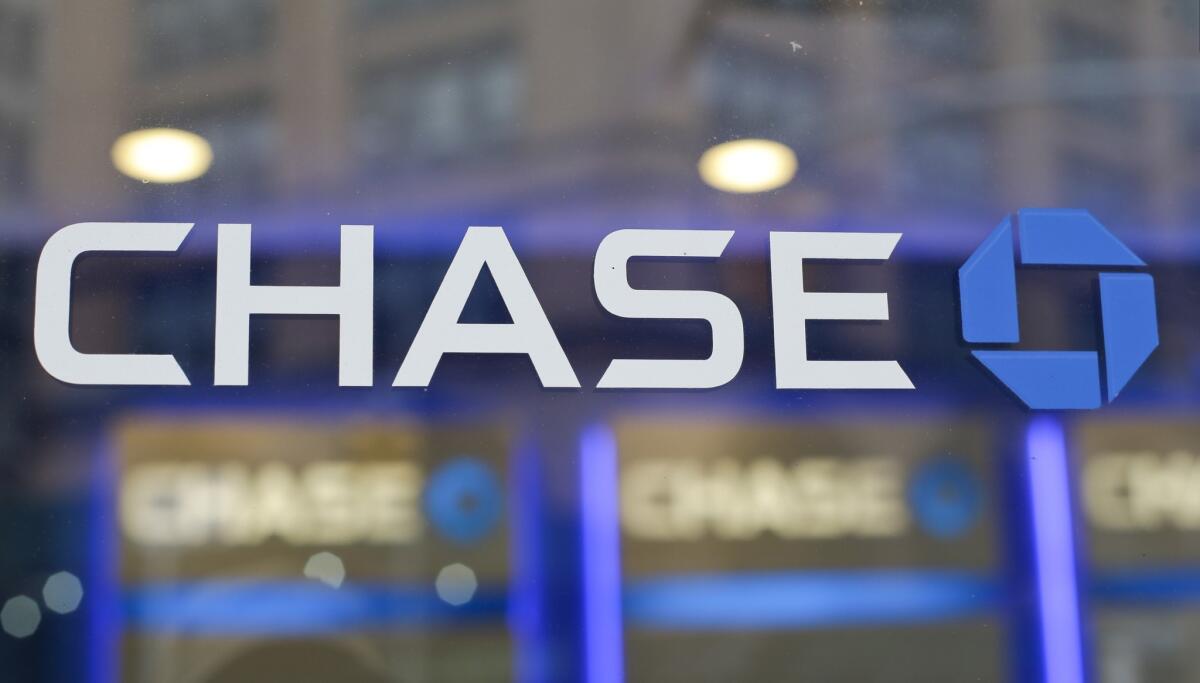Huge sign-up bonus for the Chase Sapphire Reserve credit card to drop

- Share via
The biggest credit card story of 2016 was the introduction of the Chase Sapphire Reserve, with its sign-up bonus of 100,000 points and a planeload of other travel benefits. Alas, that mega-bonus was too good to last. As of Jan. 12, the sign-up bonus will drop to 50,000 points for online applications.
You can still qualify for the bigger bonus if you apply online by Wednesday, says Ashley Dodd at Chase Card Services. Everything else about the card remains the same. To earn the bonus points, you’ll still need to spend $4,000 within the first three months of card membership. The card’s annual fee is still a healthy $450.
The reduction has been expected, since the bonus on the Chase Sapphire Reserve far outstripped anything offered by other major issuers and produced a wave of applications so large that Chase temporarily ran out of the special metal used to make the card.
“The original sign-up bonus helped get the card industry press and market penetration, but at a steep cost,” says Sean McQuay, NerdWallet credit card expert.
SIGN UP for the free California Inc. business newsletter »
Although Chase Ultimate Rewards points are usually worth a penny apiece, Chase Sapphire Reserve cardholders can get 1.5 cents per point when using them to book travel through Chase. That gives the 100,000-point bonus a value of $1,500. With a bonus of 50,000 points, that drops to $750.
The rewards structure on the Chase Sapphire Reserve is unchanged: three Ultimate Rewards points per dollar spent on travel and restaurants and one point per dollar on all other purchases. The perks are the same, too.
McQuay says he still considers the Chase Sapphire Reserve a better travel card than its competition. But the smaller bonus means it’s no longer a “no-brainer” for regular travelers to get the card. Card shoppers should take into account how likely they are to use the card’s perks and take advantage of its ongoing rewards rates before pulling the trigger, he says.
Ellen Cannon is a staff writer at NerdWallet, a personal finance website.
MORE BUSINESS NEWS
What to do when a financial planner gives bad advice
Board directors who act as property managers can pose a liability threat to associations
How to quit a job you hate with grace
Airline fatalities rose in 2016 but the year was still one of the safest in decades
More to Read
Sign up for The Wild
We’ll help you find the best places to hike, bike and run, as well as the perfect silent spots for meditation and yoga.
You may occasionally receive promotional content from the Los Angeles Times.





